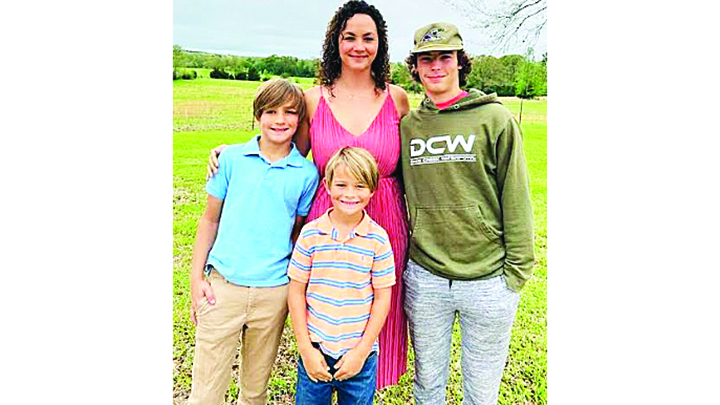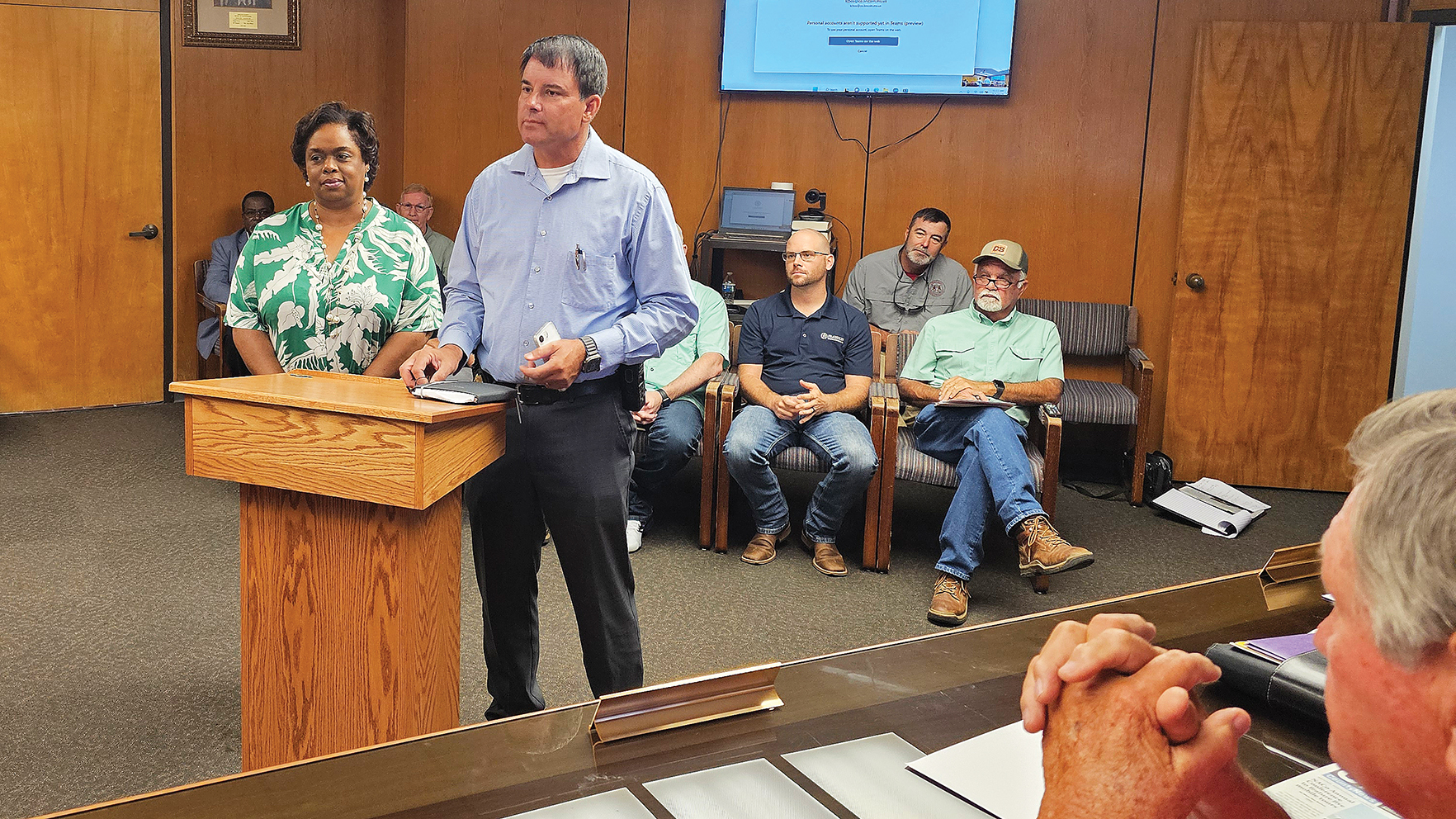Courts walk slippery slope on confidential sources
Published 6:00 am Monday, November 8, 2004
An alarming and deeply troubling trend that could severely limitthe media’s ability to expose corruption, malfeasance or criminalactivity in government and other areas where the public has littleaccess is swiftly becoming entrenched in the federal courts.
Some federal courts are applying mounting pressure onjournalists to reveal their confidential sources.
The resulting backlash is to be expected. Confidential sourcesare beginning to clam up, afraid that reporters will be forced,willingly or through investigation, to reveal to whom theyspoke.
Trending
The sources have a right to fear reprisals. Even when a reporterrefuses to reveal a source, federal courts have recently set aprecedent for issuing subpoenas for the reporter’s phone recordsand other information that could be used to identify thesource.
This should be alarming not only to those in the media but alsoto the general public. Without the promise of confidentiality, manywhistle-blowers would be afraid to step forward with informationfor fear that their jobs, and in some criminal cases, their lives,would be in jeopardy.
Watergate is surely the most obvious of instances whereconfidential sources not only informed the public of malfeasance bypoliticians but also of criminal activity. It also toppled thepresidency of Richard Nixon.
None of those sources would have come forward, however, if theysuspected federal courts would determine who they were. If youdoubt that, ask yourself why “Deep Throat” has yet to beidentified.
While mistrust of the media is sometimes validated withreporters willingly providing misinformation to slant a story ornot providing contradictory information, such as in the recentcontroversy surrounding Dan Rather, the vast majority of reportersonly want to report the truth.
It is only in rare instances that reporters violate that trust,and, as with Rather, there is a price.
Trending
Rather has severely tarnished his reputation, and it is doubtfulhe can ever fully regain the trust of the public. As a result, allthe stories he reports from now until his retirement will be viewedwith some level of distrust.
In other cases, reporters at the Chicago Tribune andthe New York Times, in separate instances, lost their jobsand, most likely, their careers for fabricating stories.
What makes these instances stand so starkly in people’s minds isthe feeling that they were betrayed and lied to. And it is becauseof those few instances that the media has fallen to such gravemistrust.
There has always been a certain level of mistrust among thepublic for the media, but never before has that level escalated tothe point where the confidentiality of informers has been severelythreatened.
Consider the following investigations of confidential sourcesobtained from The Associated Press in the broad sense of how theycould permanently affect the emergence of such stories asWatergate:
* Jim Taricani of WJAR-TV in Rhode Island was found in contemptfor refusing to say how he obtained a videotape showing aProvidence official taking a bribe. Taricani is being fined $1,000a day until he reveals his source or the court lifts itsruling.
The ruling comes as former Providence Mayor Vincent “Buddy”Cianci Jr. serves five years in prison for masterminding a schemethat took bribes in return for tax breaks, favors and cityjobs.
* Judge-mandated waivers signed by government officialsreleasing journalists from pledges of confidentiality have beenused by prosecutors in an investigation to discover who disclosedthe identity of Valerie Plame, an undercover CIA operative.Investigators suspect her name was leaked in retribution by thegovernment against her husband, former Ambassador Joseph Wilson,for writing a newspaper opinion column criticizing President Bush’sclaim that Iraq had sought uranium in Niger.
Some reporters gave testimony after the officials signed thereleases, but Judith Miller of the New York Times andTime magazine’s Matt Cooper have been charged withcontempt of court for not disclosing their sources. Appeals arepending, but the two face possible penalties including jailtime.
Miller and Cooper are due admiration for their courage to standbehind their principles and the sanctity of confidentialsources.
Common sense dictates the releases are nothing more than anattempt to sweep confidentiality aside. Officials would not havesigned the releases had there been any other way for them not tosign and remain unknown. But by signing the releases to keep theiridentities unknown to their superiors, they had to place theirtrust solely in the reporters they talked to not to reveal theiridentities.
Miller and Cooper have proven worthy of that trust; others havenot.
Reporters realize that when they promise sources that theirconfidentiality will be maintained there is a possibility they maybe sentenced to jail for contempt of court. It comes with the job.But never before in the United States have they been so boldly andplainly threatened to reveal their sources or suffer theconsequences.





